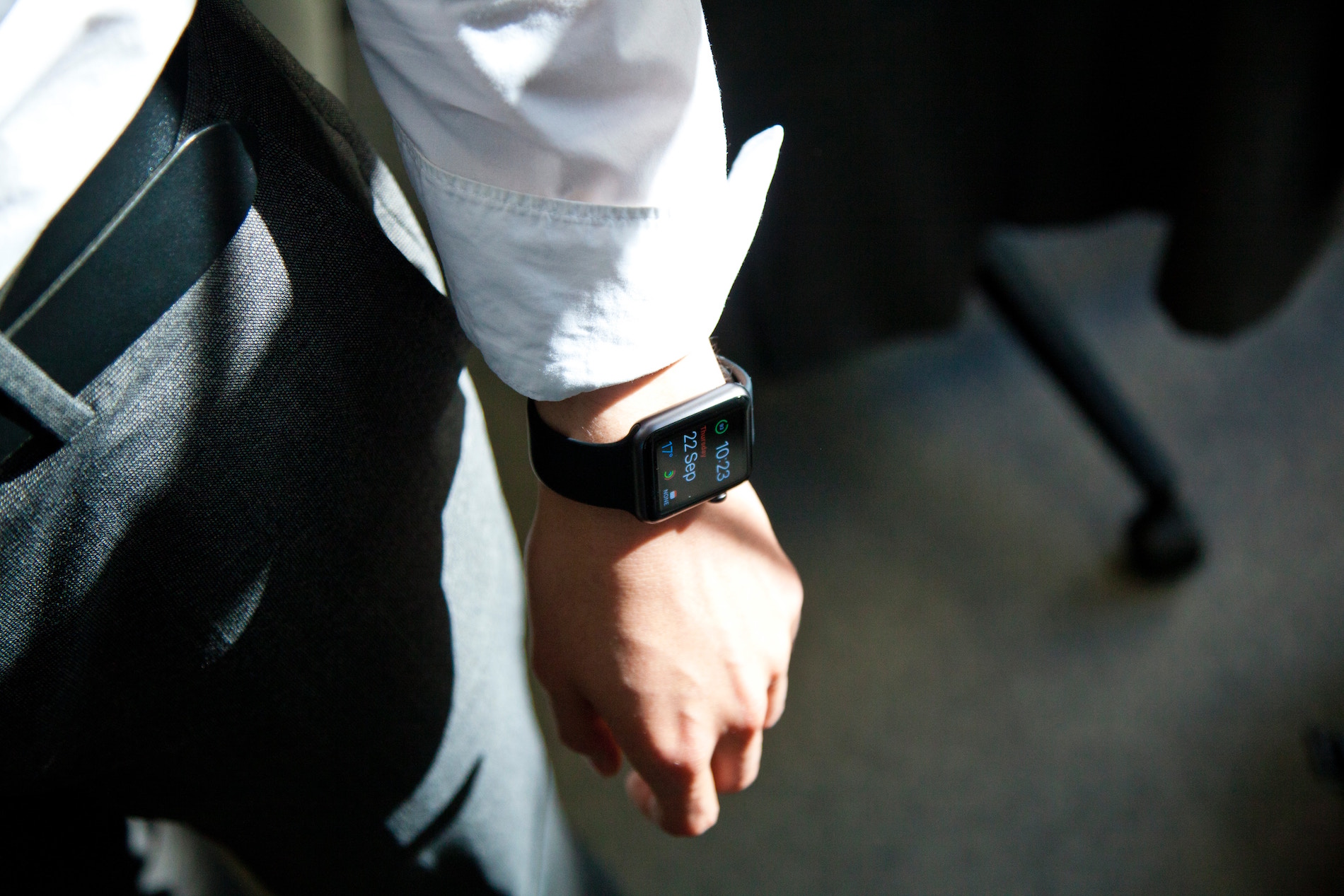World Breastfeeding Week is celebrated every year from 1 to 7 August to encourage breastfeeding and improve the health of babies around the world.
Breast milk is essential to keeping a child healthy and nourished in those integral first months or years of life.
Many medical experts, including the American Academy of Pediatrics (AAP) and the American College of Obstetricians and Gynecologists, strongly recommend breastfeeding exclusively (no formula, juice, or water) for 6 months. They add breastfeeding should last for at least a year, with other foods starting from 6 months of age, such as vegetables, grains, fruits, proteins.
Despite this, a U.N.-backed study in 2017 found that no country does enough to help mothers breastfeed their babies for the recommended six months, despite the potential economic benefits.
According to a new research study from Alive & Thrive, a US-based maternal and child nutrition initiative funded by Irish Aid, the Tanoto Foundation, UNICEF and the Bill & Melinda Gates Foundation, only 38% of infants under six months around the globe are exclusively breastfed.
As such, nearly 600,000 children and nearly 100,000 women die each year due to inadequate breastfeeding.
Breast milk is more than 80% water and breastfeeding can help prevent diarrhoea and pneumonia — two major causes of infant death — and protect mothers against ovarian and breast cancer.
An economic case for breastfeeding
Alive & Thrive have created an online tool known as the “Cost of Not Breastfeeding,” using data from a six-year study, led by Canada-based health economics expert Dylan Walters, to help determine the future economic losses of low- and middle-income countries due to not breastfeeding according to recommendations.
They found that these preventable deaths, combined with cognitive losses and health system costs of inadequate breastfeeding leads to over $340 billion in economic losses annually.
That is almost $1 billion a day.
More visits to the doctor, more medicine, more infant formula – families spend millions due to inadequate #breastfeeding. The #costofnotbreastfeeding adds up to US$1 billion a day and cost 700,000 lives annually! Learn more at https://t.co/hvGdtuR08G pic.twitter.com/0JVd0XSVla
— Alive & Thrive (@aliveandthrive) August 1, 2019
The tool allows you to see the rate of breastfeeding in each country and that country’s cost of not breastfeeding.
It puts the rate for breastfeeding in China at 21 percent, the U.S. at 24 percent, Nigeria at 24 percent and Pakistan at 38 percent.
This alarming data calls for immediate scaling up of financing and implementation of policies, programs, and interventions to meet the World Health Assembly’s breastfeeding target to increase the global rate of exclusive breastfeeding in the first 6 months up to at least 50% by 2025.
Obstacles to breastfeeding
Obstacles to breastfeeding range from a lack of facilities and break times at work, aggressive marketing of baby formula, and harassment or stigma of women nursing their infants in public.
“We need to be sensitive to the constraints and hardships faced by mothers and families in a world that lacks basic support systems for their physical, psycho-social, and economic well-being,” Dr. Walters said. “Even more, mothers and families are up against a constant barrage of corporate marketing of alternatives and misinformation spread that undermines what should be boringly second nature and not stigmatized by society.”
In some low-middle income countries, due to lack of access to health services and education, some mothers believe that water is the better option to feed and hydrate their newborns, rather than breastmilk.
According to the World Health Organisation, giving water to young babies puts them at risk of diarrhoea and malnutrition as water may not be clean and cause the baby to have infections.
The most natural way imaginable to improve child health and save on health costs
Dr Linh TH Phan, Regional Program Coordinator in Southeast Asia for Alive & Thrive, said the tool was important for efforts to increase support for breastfeeding worldwide.
“Low- and middle-income countries, particularly in sub-Saharan Africa and South Asia, and their people, have the most to gain from adopting universal breastfeeding within the first hour of life, exclusively for the first 6 months, and continued for more than two years,” Dr. Phan said.
“But wealthier countries also have room for cognitive gains and probably reductions in the burden of childhood obesity and maternal cancers and Type 2 diabetes.”
Launched just three weeks before World Breastfeeding Week (Aug. 1-7), the tool is a valuable resource for advocates, said Roger Mathisen, program director of Alive & Thrive’s office in Southeast Asia and a co-author of the paper.
“The data are sending us a compelling message: we must do more to support breastfeeding,” Mathisen said. “With this tool, we hope advocates around the world will be emboldened further in their efforts to obtain greater support from governments.”
Alive & Thrive: a Breastfeeding Hero!
Yesterday Melinda Gates, at the start of #WorldBreastFeedingWeek, named A&T her #breastfeedinghero “for their work educating women about breastfeeding and the nutritional benefits of breastmilk.”
For #WorldBreastfeedingWeek, I am nominating my friends at @aliveandthrive as my #breastfeedinghero for their work educating women about breastfeeding and the nutritional benefits of breastmilk. pic.twitter.com/qivsXiTvHG
— Melinda Gates (@melindagates) August 1, 2019
In a thread, she explained how she saw Alive & Thrive’s work last year when she met with a group of mothers in Burkina Faso, a country in West Africa.
“They told me that they didn’t know about the health benefits of breastmilk and had been giving their babies water instead, thinking it would better hydrate them,” she said.
“Once Alive & Thrive educated them on the nutritious value of breastmilk, the custom of giving babies water has started to disappear—and babies are noticeably healthier.”


